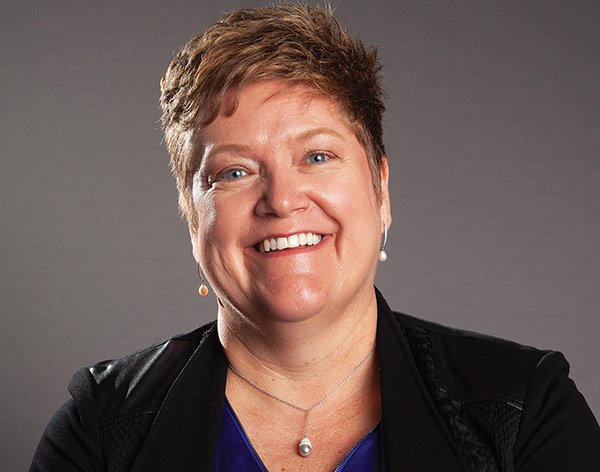One step closer to equal pay
Alumna Charlotte Sweeney wrote Colorado's new legislation

Norway boasts one of the world’s narrowest pay gaps between men and women who do similar work. To explain this, Charlotte Sweeney ’91 points to the government’s yearly custom of publishing the salaries of every person in the country. That act of transparency removes some of the employers’ advantage in salary negotiations and places pay disparities in plain sight.
A Denver employment lawyer who focuses on sex discrimination, Sweeney is a principal author of Colorado’s new Equal Pay for Equal Work Act, which was signed into law in May and will take effect on the first day of 2021.
Although the state law won’t turn Colorado into Norway, it will give workers leverage partly by changing what information is shared. One of its innovative provisions requires employers to post job and promotion opportunities for all employees to see on the same day, “even if it’s the janitor.” Postings are to include a salary range, benefits and perks such as a car allowance or stock options, giving applicants a common starting point for negotiations.
The law also prevents employers from asking for salary histories, information that, intentionally or not, has been used to perpetuate unfair pay for women and especially women of color.
“A lot of people want to blame the pay gap on choosing to have a family, not working as hard or not being able to negotiate,” Sweeney said. “No, this comes at the moment you enter the workforce.”
At Cal Lutheran, the late English professor Jan Bowman had a large role in showing Sweeney that “there’s a lot of injustice out there” and that “you can change things.” The women’s studies pioneer would not just observe a student’s passion, according to Sweeney, “but then she would foster it and nurture it, and almost make it impossible for you not to pursue it.”
Last year, Sweeney’s firm settled a big case for female law professors at the University of Denver, winning $2.7 million plus pay increases for a group that included two of her former teachers. She notes that pay gaps are greatest, first, for women who are members of racial and ethnic minorities and, second, for those in jobs requiring advanced degrees like medicine, finance and law.
About a decade ago, she began her pro bono work toward a state equal pay law, something that she felt needed to be done to limit the ways in which employers could justify pay gaps. She and colleagues decided to draft a comprehensive bill in 2018 and saw their opportunity to pass it after the November elections.
Finally closing the pay gap would lift half of single women in Colorado out of poverty, Sweeney said. The new law will not accomplish that goal by itself, and Sweeney dreams of starting a nonprofit to help women negotiate and advocate for themselves. A specialist in injustices, she keeps searching for ways to put herself out of business.